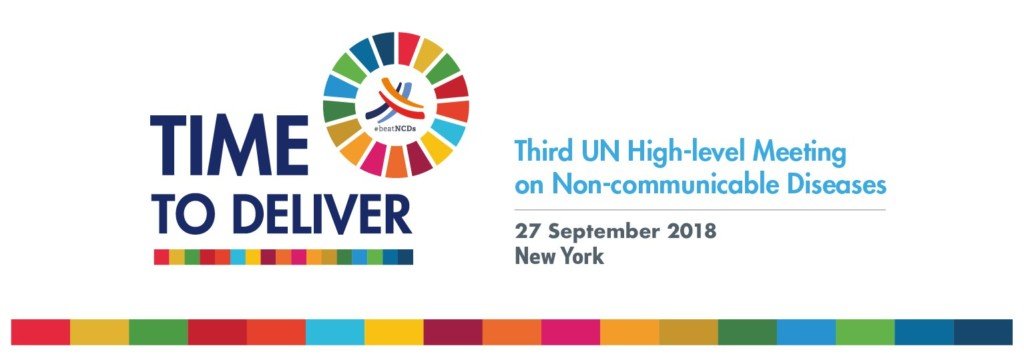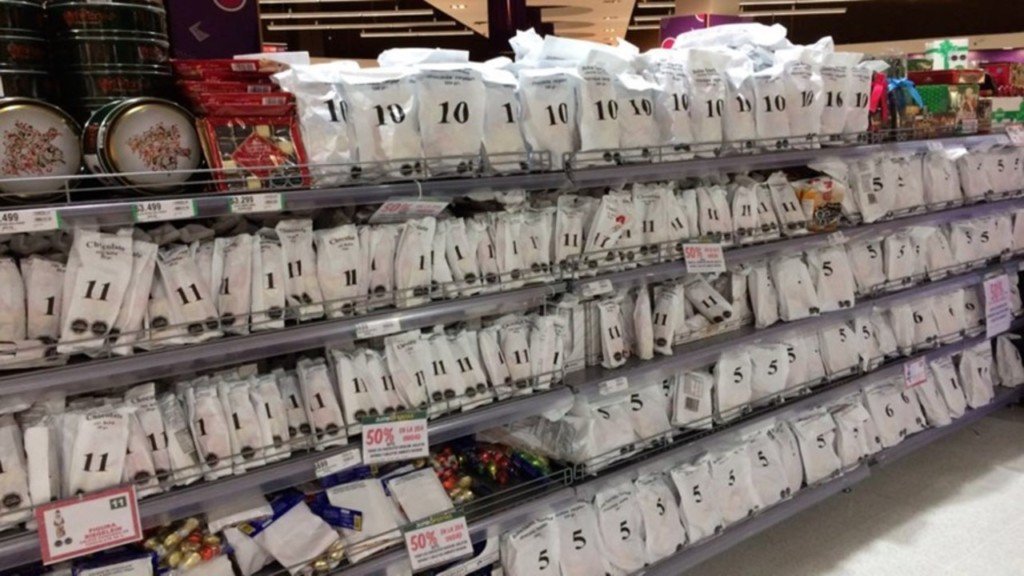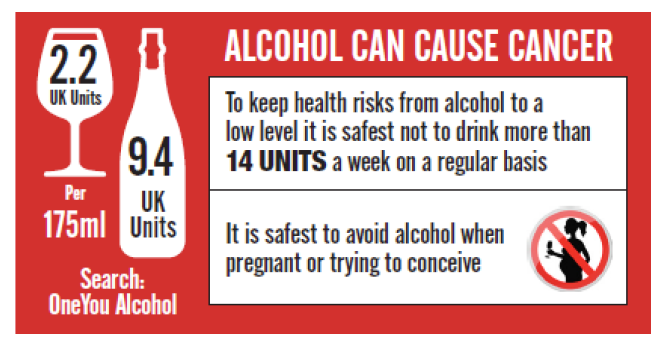Get analysis, insight & opinions from the world's top marketers.
Sign up to our newsletter.
If food and alcohol marketers were looking for some regulatory respite, the UN was a good place to be last month, says Will Gilroy

Heads of state and ministers of health gathered in New York to discuss how to address lifestyle-related diseases – those prompted by drinking, smoking, unhealthy diets and low levels of exercise. These non-communicable diseases (NCDs) account for 41 million people each year, or 71% of all deaths globally.
The solution they decreed was for government to engage more with the private sector and there was limited reference to the need for regulation. There was no talk of ‘industry interference’ in policy-making, a common refrain of NGOs, and no suggestion that commercial and health objectives might be at odds.
But this conciliatory tone couldn’t be a farther cry from what we are experiencing daily at a local level.
Over the past decade, local policy-makers have become increasingly emboldened in their efforts to demonise the processed food, soft drinks and alcohol industries for the role they are perceived to play in NCDs.
A lightning rod for their criticism has been the apparent role of alcohol marketing in driving underage drinking and harmful behaviours while food ads are blamed for enticing kids to eat more sugar, salt and fat than is good for them.
The UK adopted food marketing controls way back in 2007. But over the last four years, motivated in part by a zealous Pan American Health Organisation, regulators in Chile, Peru and Uruguay have forced food companies to slap unappetising labels on many of their products while seriously limiting their ability to market their products to younger audiences. Guatemala is the latest to propose food marketing restrictions to under 18s. Food products in white packaging in Chilean supermarket, 2017
Food products in white packaging in Chilean supermarket, 2017
But it’s not just Latin America. Canada is another country adopting its own regulations and other countries could well follow suit.
Alcohol marketing is already banned or highly regulated around the world. In just the last two years statutory restrictions have been touted or adopted in countries as diverse and far flung as Chile (again), Sweden, Estonia, Vietnam and South Africa. The Irish government has just decided that alcohol products must carry health warnings that alcohol consumption leads to cancer. 
Cancer warning labels will be included on alcohol products in Ireland once new drink laws are introduced
Of course, very few people in the business are relying on the UN to protect them. The food industry is painfully aware of the draconian nature of controls coming out of Latin America. Some have taken their case to the courts and others have opted to pull out of certain highly regulated markets altogether. The alcohol industry is still reeling from the dramatic news from Ireland.
Regulation at national level, rather than any political declaration from the UN, will end up hitting companies’ bottom lines. Industry critics see the UN text as weak in that it is not seen to go far enough in its recommendations. Rather than offering industry any cheer, this may only serve to stiffen the resolve of those who want rid of food and alcohol ads.

For more information or questions, please contact Alexandre Boyer at a.boyer@wfanet.org